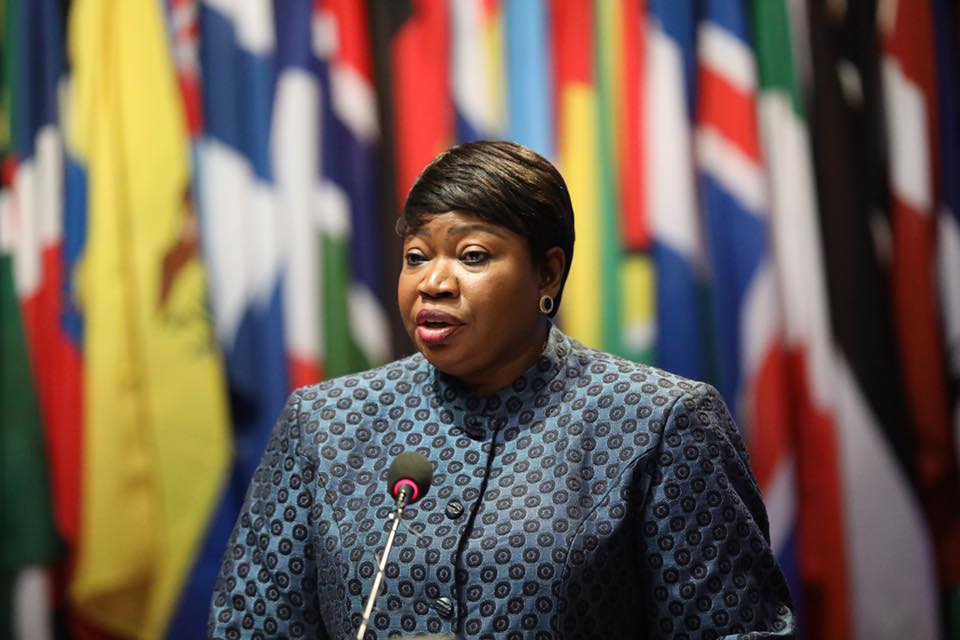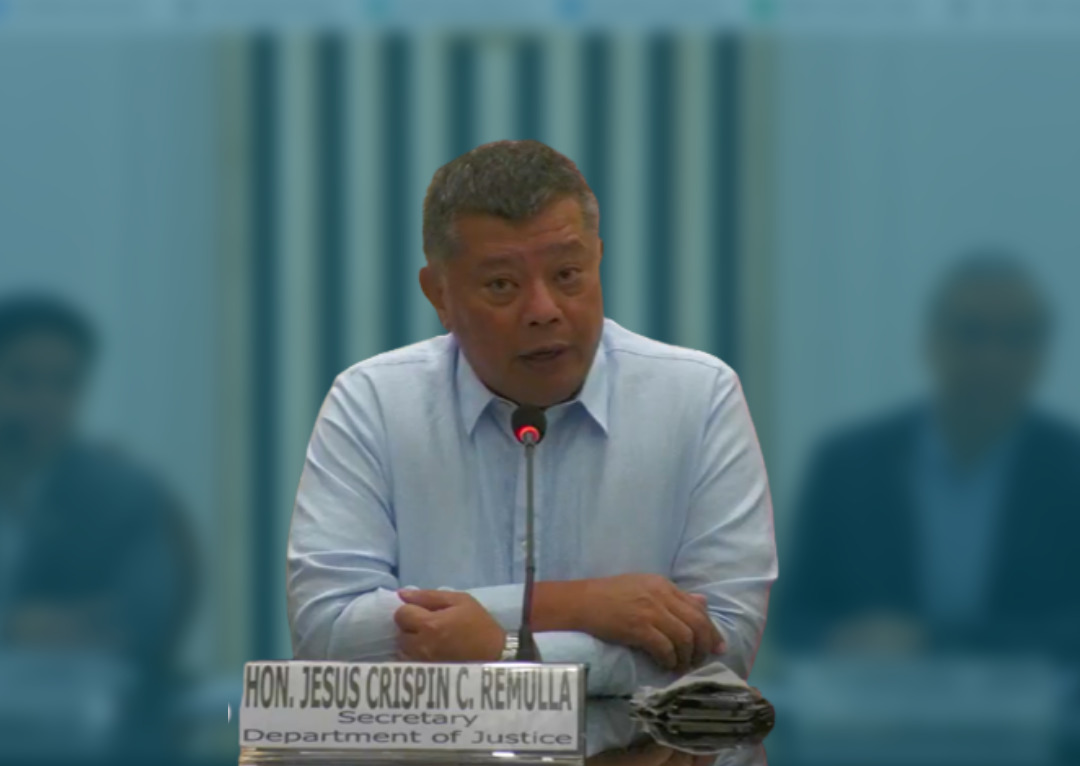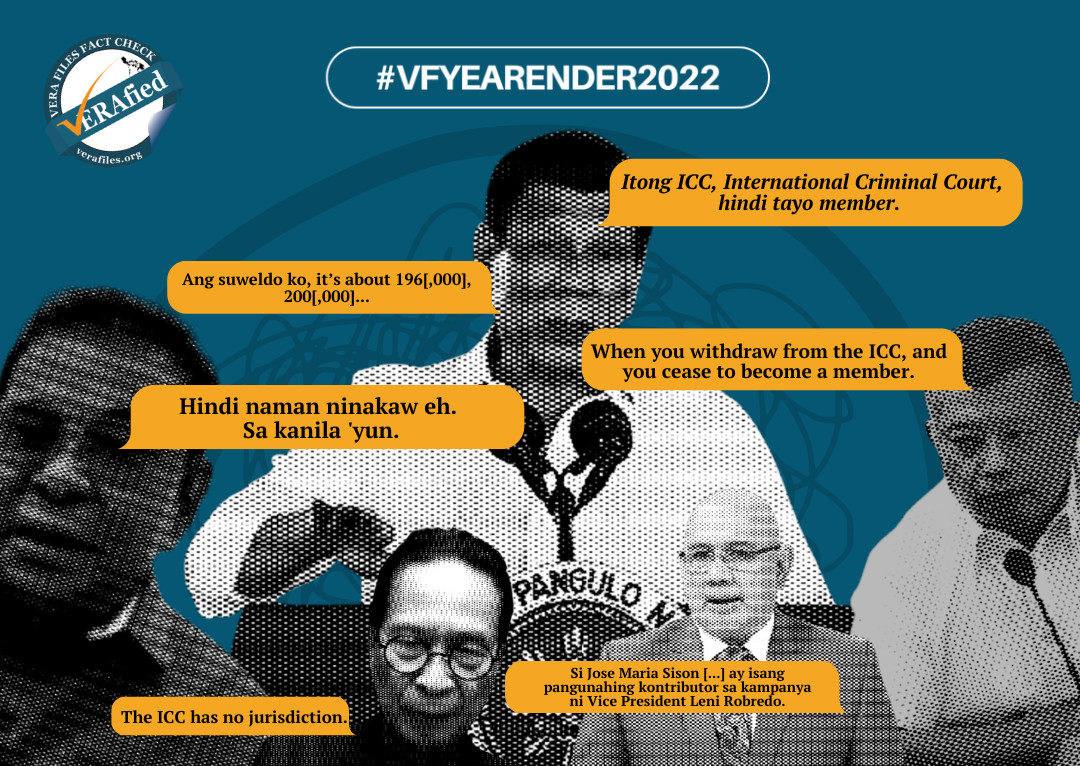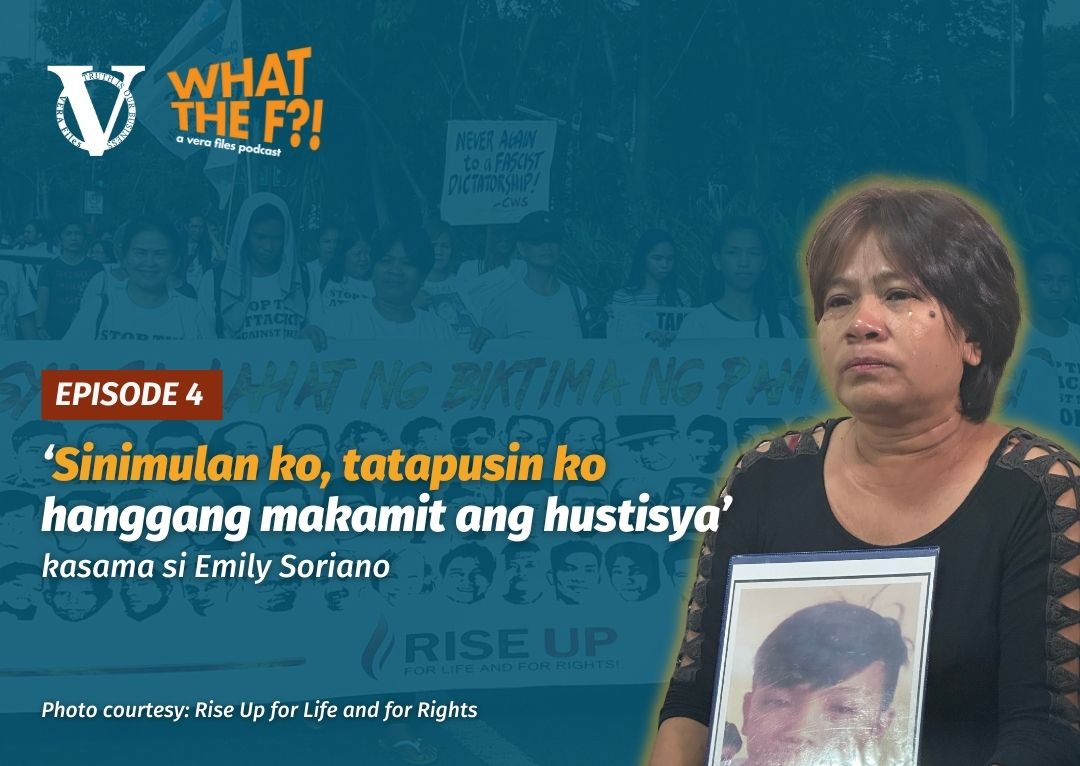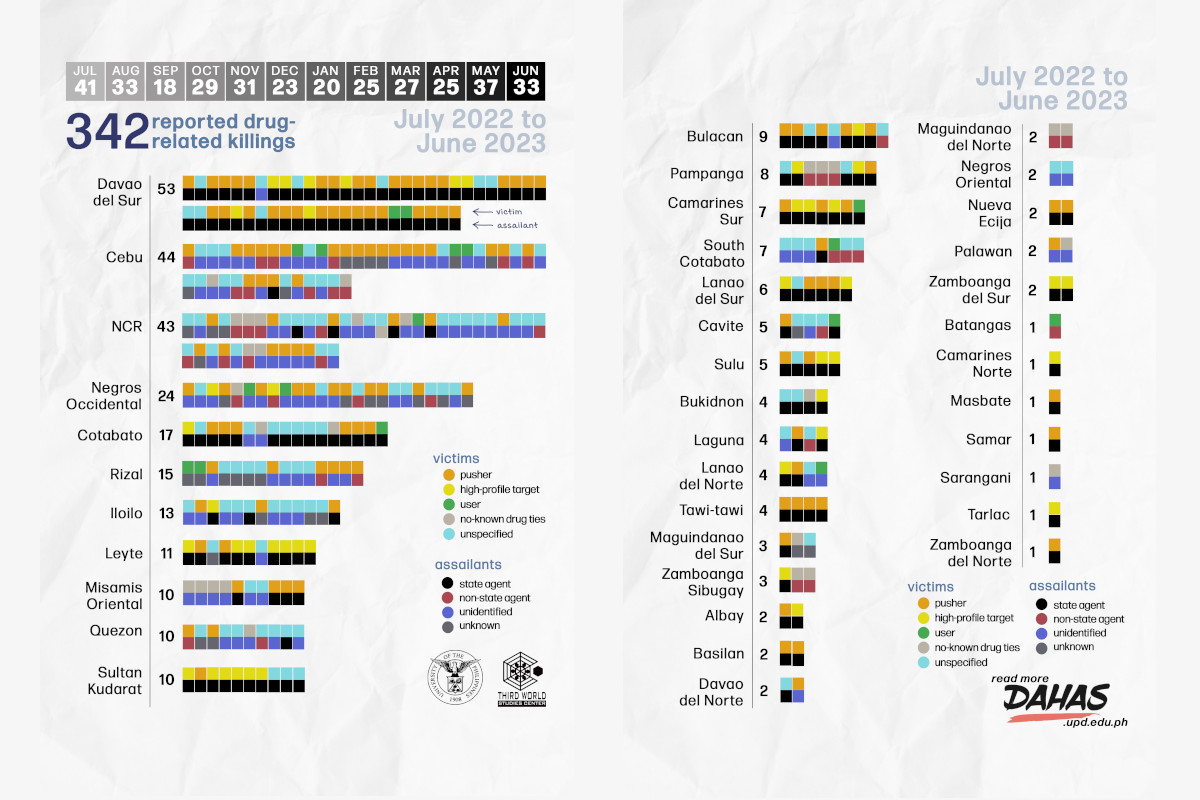(Editor’s Note: An earlier version of this article described some members of MANLABAN sa EJK as part of Liberal Party and communist groups. We regret the error.)
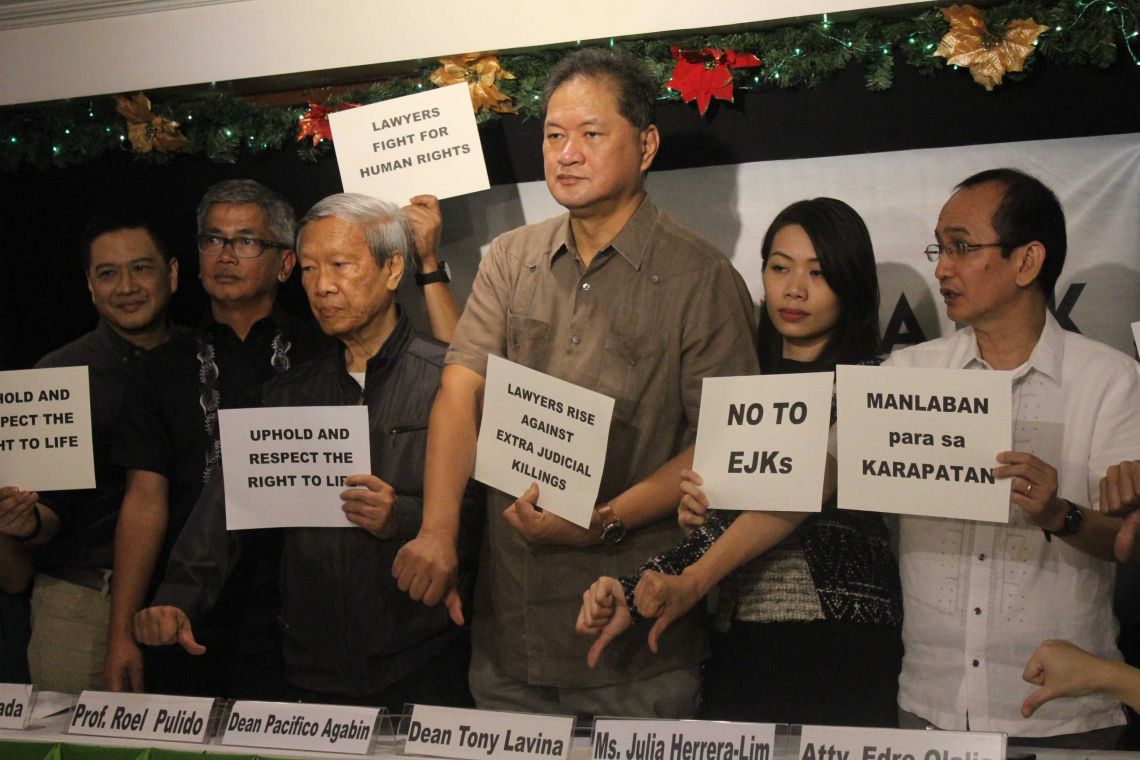
MANLABAN sa EJK, a newly formed alliance of lawyers and rights advocates, denounces the killings in the administration’s war on drugs.
Amid the administration’s apparent change in strategy on the war on drugs, a newly formed group of lawyers and advocates for human rights and the rule of law now seek accountability from the police.
“Despite apparent retreats and palliative solutions to the drug problem of late, the governmental policy of violent approach remains,” Manananggol Laban sa Extrajudicial Killings (MANLABAN SA EJK), an alliance of at least 15 human rights lawyers, legal experts and law students, said in a statement Nov. 2 in Quezon City.
President Rodrigo Duterte on Oct. 10 signed a memorandum directing the Philippine Drug Enforcement Agency to lead the anti-illegal drug campaign. The change in leadership, from the police to the PDEA, “purportedly dissipated the EJKs,” lawyer Edre Olalia told reporters.
Accountability is more important, Olalia of the National Union of People’s Lawyers added. “It’s to tell them you’re doing it wrong and you’re answerable for that.”
The number of killings due to police operations related to the drug war has been a subject of debate for the past year. Government data show that as of Oct. 25, 3,967 individuals have been killed in anti-illegal drug operations. Olalia believes the number is much higher.
“Kasi, 12,000, that’s it? You look the other way, and until the next cycle of killings? No. Precisely you need to make people accountable so that they will say I cannot do that because they will be held to account for it,” he said.
The Philippine National Police said in October that it recorded only one case of EJK under the current administration. It retracted its statement later, saying it was merely a possible case of EJK. The police issued the statement in reaction to a Social Weather Stations survey which found 73 percent of Filipinos “fear becoming victims of EJK.”
MANLABAN sa EJK aims to provide legal assistance to individuals like Nix Bisuña Vargas, member of Rise Up for Life and for Rights, who alleged his brother Angelo Bisuña was tortured and killed by police last month.
Arrested for illegal possession of drug paraphernalia by Caloocan City police in July 2016, Vargas said Bisuña was released after 36 hours and went to Camarines Sur. In September 2017, he was allegedly arrested again and brought to Caloocan City.
Two weeks later, the police reported Bisuña died of a heart attack. Vargas alleged the police refused to give her a spot report and an autopsy report. “He’s not a criminal. He had a history of depression and became drug dependent, yes, but he harmed no one,” Vargas said in Filipino, crying.
They found his body, Vargas said, already embalmed in a funeral parlor in Malabon.
An independent autopsy later showed slivers of newspaper and garbage in Bisuña’s brain. Some parts of his brain, too, were found in his stomach.
“My brother is not evil, but they killed him,” she said.
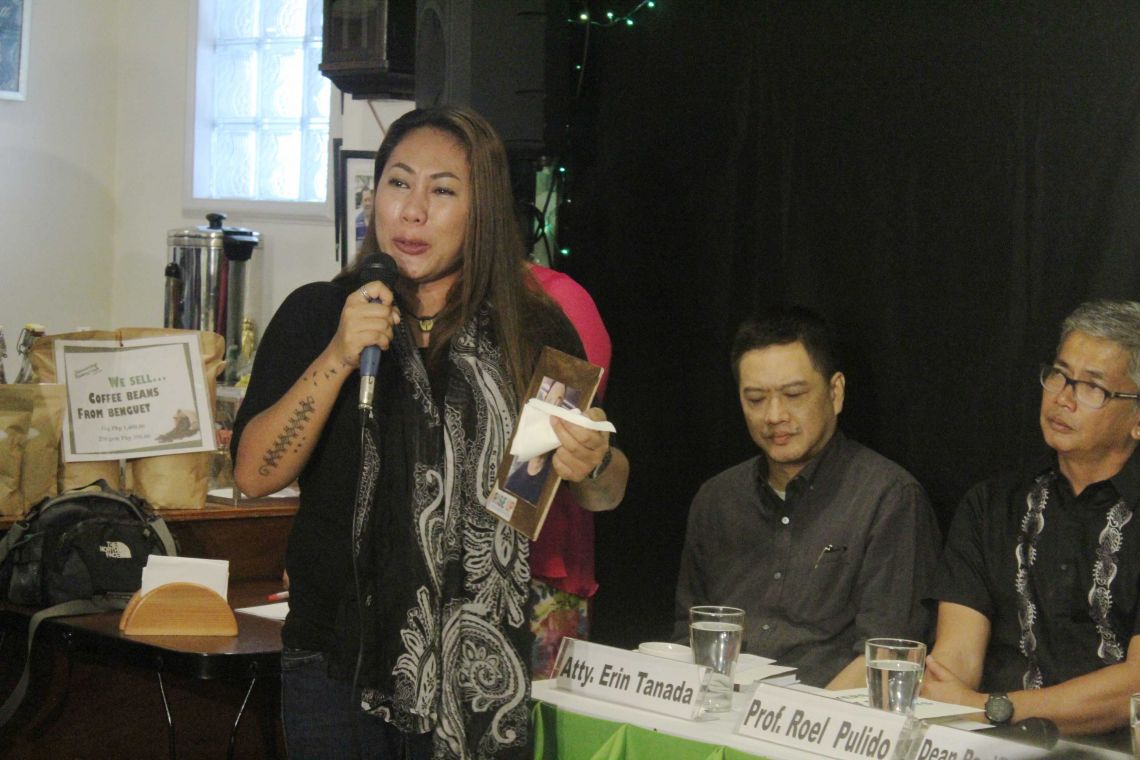 Nix Bisuña Vargas claims that her brother, a drug dependent who has depression, was tortured and killed by Caloocan police.
Nix Bisuña Vargas claims that her brother, a drug dependent who has depression, was tortured and killed by Caloocan police.
Beyond criminal liability, Olalia said the group seeks “moral and political responsibility all the way to the palace.”
The alliance joins the growing number of voices from the legal profession that protest the rampant killings in the country.
In October, the Center for International Law filed a second petition for the writ of amparo – protection for people whose right to life are threatened or violated – for residents of San Andres Bukid, Manila. The Supreme Court in January granted its first petition for relatives of drug suspects in Payatas, Quezon City.
On Aug. 30, NUPL filed a temporary protection order before the Quezon City regional trial court to stop police from its house-to-house drug testing and surveys, which it claimed illegal. City police chief Guillermo Eleazar later admitted in court that it lacked authority in conducting the operations.
Quezon City 4th District Rep. Erin Tañada, one of the conveners, said the alliance will also look into the government’s specific actions on the drug war which have been questionable so far.
He pointed out the case of Supt. Marvin Marcos, implicated in the killing of Rolando Espinosa Sr., former mayor of Albuera, Leyte. President Duterte admitted last year he ordered the policeman’s reinstatement.
“We feel that such actions or such statements by the president should be matched with the actions that would show accountability,” Tañada said, and added that the government should refrain from protecting police or filing weak cases against them.
Despite having members from the Liberal Party which Duterte had earlier accused of conspiring against him, and other progressive organizations, lawyer Antonio La Viña, said the group has no political leaning and they will be drawing out from their experiences as lawyers.
“(Our leanings) shouldn’t be a point of debate. It should not be used as a political weapon,” the former dean of the Ateneo School of Government said, adding that each member has been consistent in asserting human rights, regardless of the administration.
It’s a strategy of government propagandists “to make it appear that any criticism to government is not true,” since they want to make all criticisms in bad taste, Tañada said. “What (people) must look at should not be the color, it should be the message.”
Other lawyers include among others former Sen. Rene Saguisag, De La Salle College of Law dean Jose Manuel Diokno, former Rep. Neri Colmenares and former University of the Philippines College of law dean Pacifico Agabin.
